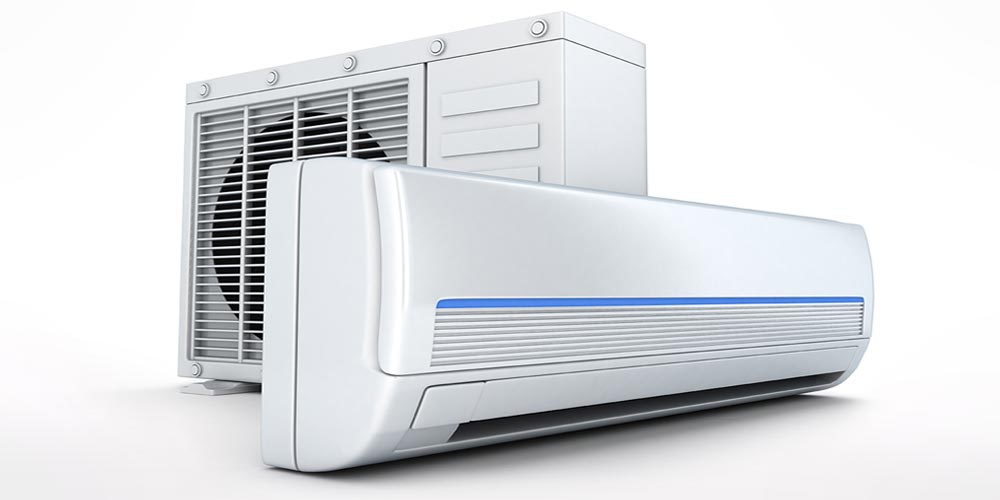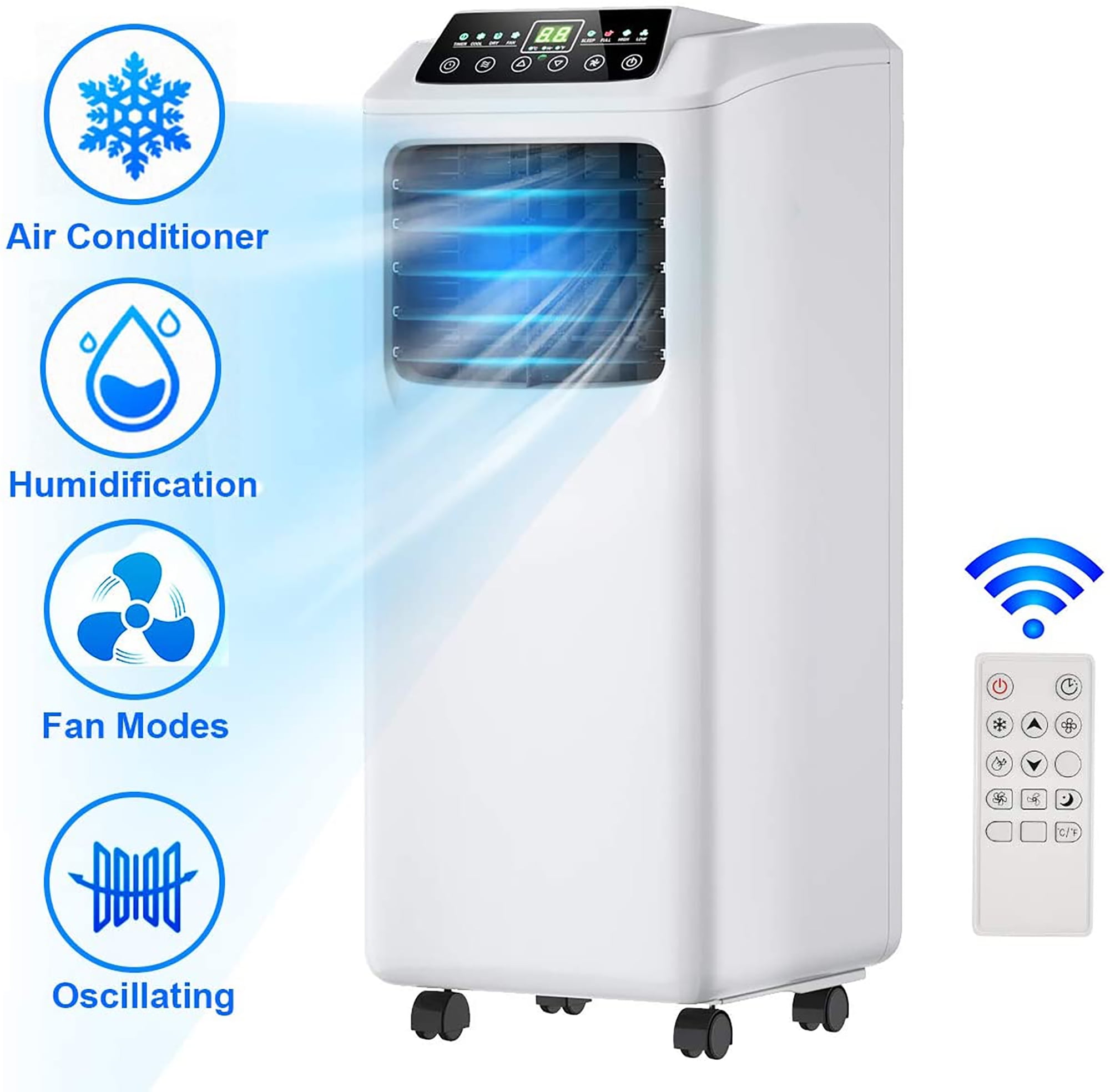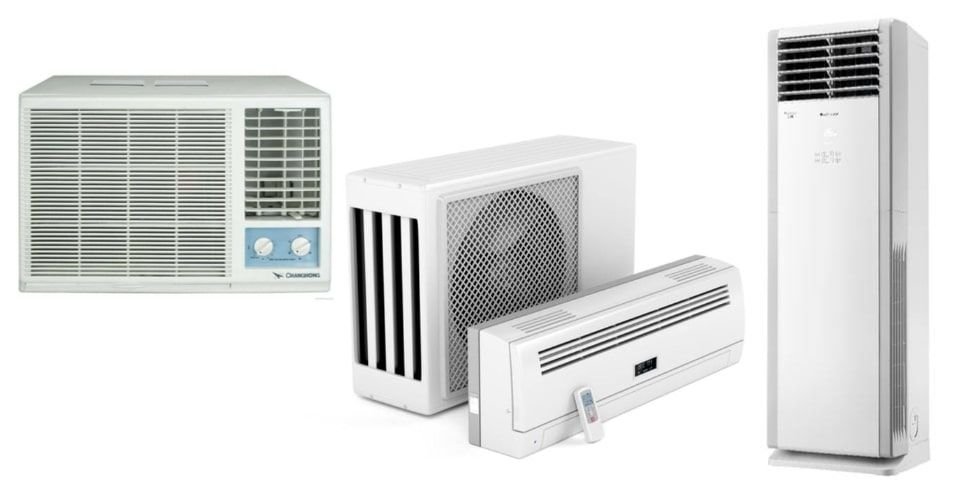How Efficient Is Your Air Conditioner?
Air conditioning is essential for modern living, especially in hot weather, ensuring comfort and quality sleep. Understanding the efficiency of your air conditioner is important, as it impacts both your energy bills and environmental footprint. Factors like air conditioner price in Pakistan, maintenance, and usage can affect efficiency. This article explores these factors and offers tips for improving your AC’s performance.

- What Does Air Conditioner Efficiency Mean?
Air conditioner efficiency refers to how well an air conditioning unit cools a space while consuming a minimal amount of energy. The higher the efficiency, the more effective an AC unit is at cooling your home with less energy, leading to reduced energy consumption and lower utility bills. There are several ways to measure the efficiency of an air conditioner, and understanding these metrics will help you assess whether your unit is performing optimally.
- Key Metrics for Measuring AC Efficiency
The efficiency of an air conditioner is generally measured using two key indicators:
SEER (Seasonal Energy Efficiency Ratio)
The SEER rating measures the cooling output (in BTUs or British Thermal Units) over the course of a typical cooling season, divided by the total energy consumption (in watt-hours) during that same period. The higher the SEER rating, the more efficient the unit is. SEER ratings typically range from 13 to 25, with newer models usually having higher ratings. An AC with a SEER of 14 or higher is considered efficient by modern standards.
EER (Energy Efficiency Ratio)
The EER rating is similar to SEER but measures the energy efficiency at a specific outdoor temperature (usually 95°F). It is calculated by dividing the cooling output (in BTUs) by the power consumption (in watts). While SEER gives a broader picture of efficiency over an entire season, EER is more useful for assessing how efficient an AC is in a particular setting or climate. The higher the EER, the more efficient the unit.
COP (Coefficient of Performance)
COP measures how much cooling output you get per unit of electricity used. In general, a higher COP indicates better efficiency. COP is more commonly used in heat pumps but can also apply to certain types of air conditioners.
- Factors That Affect Your Air Conditioner's Efficiency
Several factors can impact the efficiency of your air conditioner. Understanding these variables will help you assess whether your unit is functioning at its best and how to improve its performance.
- Age of the Unit
Like any appliance, air conditioners degrade in performance over time. Older models generally have lower SEER or EER ratings compared to modern units. If your AC is more than 10 years old, it may be time to consider upgrading to a more efficient model. Newer air conditioners not only have higher efficiency ratings but also feature advanced technology that helps them cool your home more effectively.

- Proper Sizing
An air conditioner that is too small for your space will have to work harder to cool the room, leading to increased energy usage. On the other hand, an oversized air conditioner will cycle on and off too frequently, which can also reduce efficiency. It's important to ensure your air conditioner is the right size for the space it is cooling. A professional HVAC technician can help you determine the correct size by calculating the cooling load for your space.
- Maintenance and Cleaning
Regular maintenance is essential to keeping your air conditioner running efficiently. Dust and dirt can accumulate on the air filter, condenser coils, and evaporator coils, reducing airflow and causing the unit to work harder. You should clean or replace the air filter regularly, typically every 1–3 months, depending on usage. Additionally, scheduling annual maintenance with a qualified technician will ensure your system is running at peak efficiency.
- Thermostat Settings and Usage
Setting your thermostat to a lower temperature than necessary can make your air conditioner work harder than it needs to. A good rule of thumb is to keep your thermostat set to 78°F when you're at home and 85°F when you're away. Programmable thermostats or smart thermostats, combined with an air conditioner inverter, can make it easier to maintain these settings automatically and optimize energy usage.
- Insulation and Sealing
Poor insulation and gaps in windows, doors, or ductwork can cause cool air to escape and warm air to enter, forcing your air conditioner to run longer to maintain the desired temperature. Sealing cracks, adding insulation to your home, and ensuring your ducts are properly sealed can improve your air conditioner's efficiency.
- Airflow and Ventilation
Proper airflow is crucial for the efficiency of your air conditioner. Blocked vents or furniture obstructing airflow can reduce the cooling efficiency of the unit. Ensure that air vents are unobstructed and that air can circulate freely throughout the room. This will allow your air conditioner to cool the space more efficiently.
- How to Improve Your Air Conditioner's Efficiency
Even if your air conditioner is older or shows signs of wear, there are several steps you can take to improve its efficiency. Here are some tips:
- Upgrade to a More Efficient Model
If your air conditioner is more than 10 years old, it might be worth considering an upgrade. Newer models are designed to be more energy-efficient, and the savings on your energy bills can offset the initial cost of the unit over time. Look for units with a high SEER rating (14 or higher) and consider models with energy-saving features like variable-speed motors.
- Regular Maintenance
Annual servicing by a qualified HVAC technician will ensure your air conditioner is running smoothly. During a tune-up, the technician will clean the coils, check refrigerant levels, inspect the ducts, and look for any signs of wear. This helps maintain efficiency and extend the lifespan of your unit.
- Use Ceiling Fans
Ceiling fans help circulate cool air throughout the room, making it feel cooler even when the air conditioner is set to a higher temperature. Using ceiling fans in conjunction with your AC can reduce the load on your unit and help you save energy.
- Seal Your Home
Seal windows, doors, and any other areas where cool air might escape. This will keep your home cooler for longer and reduce the amount of work your air conditioner needs to do. Insulating your attic and walls can also help maintain a stable indoor temperature, improving the efficiency of your AC.
- Install a Programmable Thermostat
A programmable thermostat allows you to set different temperatures for different times of the day, ensuring that your air conditioner only runs when needed. This can significantly reduce your energy consumption and increase efficiency.
- Reduce Heat Sources Inside the Home
Avoid using heat-generating appliances like ovens and stoves during the hottest parts of the day. If possible, use energy-efficient appliances that generate less heat. Reducing indoor heat will prevent your air conditioner from working overtime.
- The Environmental Impact of AC Efficiency
In addition to saving you money, increasing the efficiency of your air conditioner also has environmental benefits. Air conditioners use a significant amount of electricity, and the more efficient your unit is, the less energy it consumes. By reducing your energy consumption, you help lower greenhouse gas emissions and reduce your carbon footprint. Switching to a high-efficiency air conditioner, such as the best air conditioner for home, can make a difference, especially when combined with renewable energy sources like solar power. This not only helps the environment but also contributes to a more sustainable future.

- Conclusion
An efficient air conditioner is key to reducing energy costs and improving comfort at home. By understanding your unit’s efficiency, performing regular maintenance, and making necessary upgrades, you can ensure your air conditioner runs at its best. If you're looking for high-quality air conditioners and expert advice on efficiency, selectronics.com is here to help. Their range of energy-efficient models and professional services can keep your home cool while saving you money in the long run.
Contact:
For more information or assistance, feel free to contact us at 0323 5309888. We're here to help with all your air conditioning needs.
What's Your Reaction?















